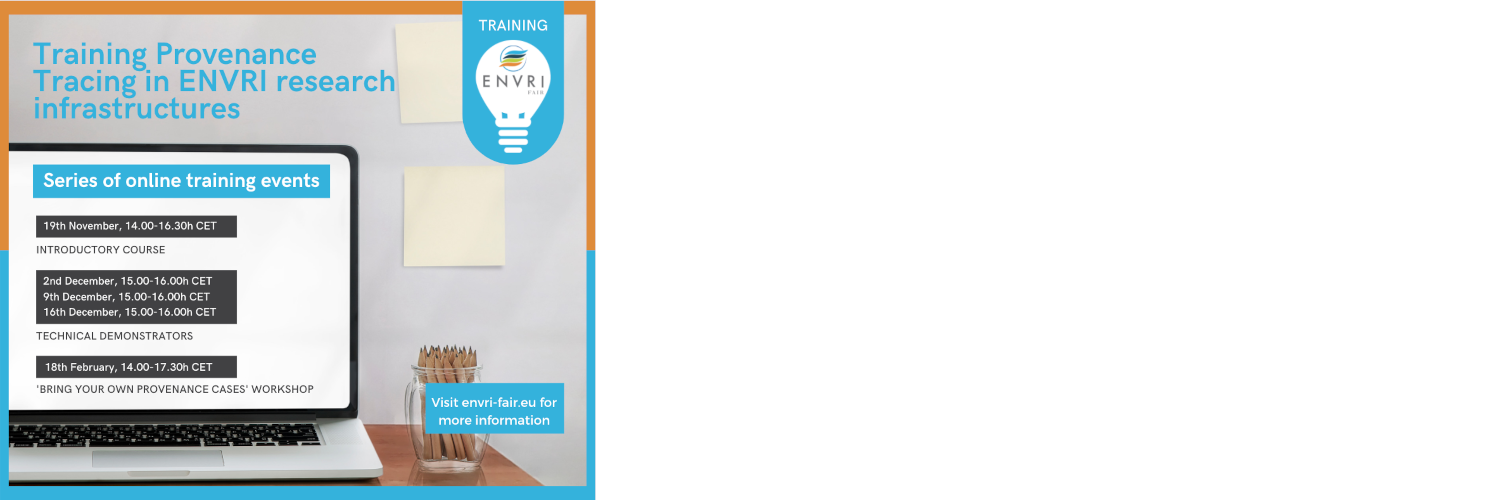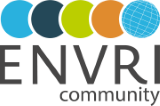Training Provenance Tracing in ENVRI Research Infrastructures

This catalogue respects all FAIR guidelines and best practices. It is based on the IEEE Standard for Learning Object Metadata (IEEE 2002) that has been customised in order to be compliant with the EOSC Training Resource Profile - Data Model.
Description
Using the very relevant outcomes of the ENVRIplus project as written down in Deliverable D8.5 (Data provenance and tracing for environmental sciences: system design), we have put together a series of events all focussing on this topic:
An introductory webinar addressing the basic theoretical background:
- What is provenance
- Why is it important
- What does provenance relate to
- How is provenance recorded
- Recording methods
- Provenance and FAIRness;
Three technical demonstrators of provenance tracing:
The PROV Template approach – Doron Goldfarb
The ENVRI-FAIR demonstrator focusing on provenance, and modeling a specific data production/processing workflow used at NILU – Markus Stocker
The EPOS Approach using the main catalogue – Keith Jeffery, Daniele Bailo;
A workshop-type session in collaboration with WP7 to discuss cases, issues, problems and questions collected from the community, working towards practical support and -possibly- solutions.
During the technical demonstrator sessions, we aim to collect input for the final workshop, like concrete cases, questions, requests for help on specific issues from the ENV RI’s.
1 - General
learningpath02
2 - Life Cycle
2.3 - Contribute
3 - Educational
4 - Technical
5 - Relation
Details
| Code | 49 |
|---|---|
| Uploaded by | Maria Teresa Manca |
| Available since | 24/05/21 11:08 |
